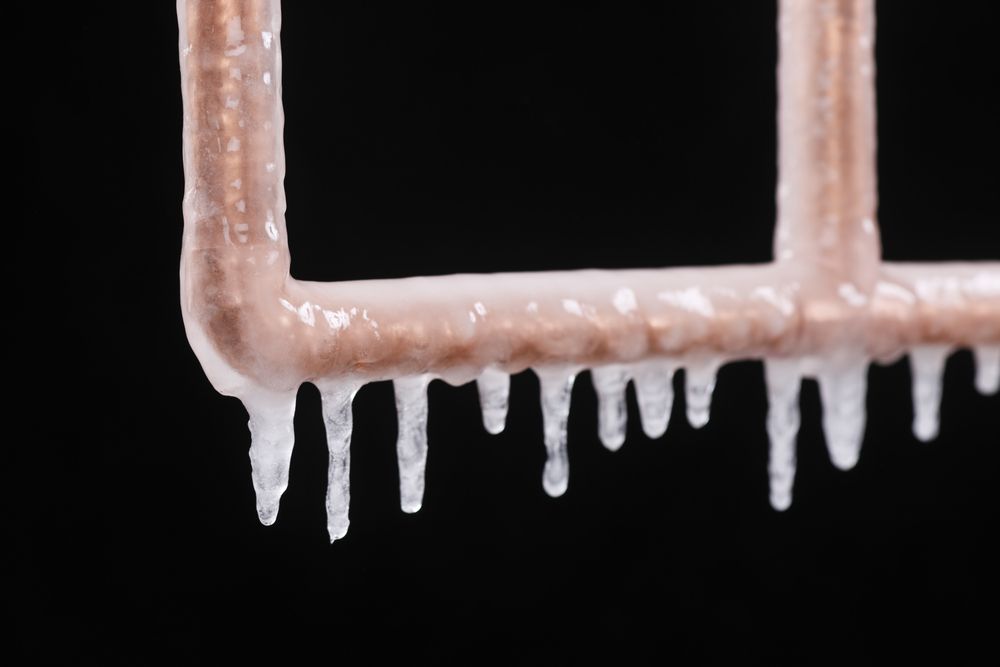 When you wake up on a cold, snowy day, the last thing you want to discover is that you have a frozen pipe. Not only are frozen pipes a huge inconvenience, they can potentially burst and cause thousands of dollars worth of water damage to your home. But if you live in a colder climate, odds are that you’ll have to deal with a frozen pipe at some point in your life. So, what can you do about them?
When you wake up on a cold, snowy day, the last thing you want to discover is that you have a frozen pipe. Not only are frozen pipes a huge inconvenience, they can potentially burst and cause thousands of dollars worth of water damage to your home. But if you live in a colder climate, odds are that you’ll have to deal with a frozen pipe at some point in your life. So, what can you do about them?
Thawing a Frozen Pipe
When you realize a pipe has frozen, the first thing you need to do is turn off the water supply to the pipe, but leave the faucet open so that the frozen water will have a place to go when it melts. Now it’s time to start thawing out that pipe. Never use anything like a torch, kerosene or propane heater, or or anything with an open flame to thaw a frozen pipe. Instead, use things like a hair dryer, a space heater, or an electric heating pad to warm the pipe up. Keep applying heat to the area until water is able to move through again and turn the main water supply back on.
In many cases, frozen pipes can be dealt with without having to call a professional to take care of them. But if you’ve tried thawing the pipe out and it still won’t work or you think a pipe located behind a wall has frozen, calling a plumber may be the best solution. If a pipe has burst after freezing, turn off the water supply and call a plumber to help.
Preventing Frozen Pipes
If the weather forecast is predicting very cold temperatures and you’ve had problems with your pipes freezing before, one of the best things you can do is turn the faucet on so just a trickle of water is running through. Having just a small amount of water moving through the pipes will help prevent them from freezing. If the pipes that freeze tend to be in the kitchen or bathroom, keep the thermostat turned up at night and open up your cupboards to allow the warmer air to reach the pipes.
When pipes freeze, they’re most commonly pipes located along exterior walls, in unheated areas like crawl spaces, or where the water line comes into your home through the foundation. Adding insulation in these areas can help prevent freezing, but you may also want to consider applying heating cable or tape to these pipes for a more effective way to keep them working properly. Are you planning on taking a vacation this winter? Make sure you keep your thermostat set to at least 55℉ while you’re gone and leave the cabinet doors open so your pipes (hopefully) won’t freeze while you’re away. If you’re planning on being away for a more extended amount of time, you may want to shut off your home’s water supply just to play it safe.





